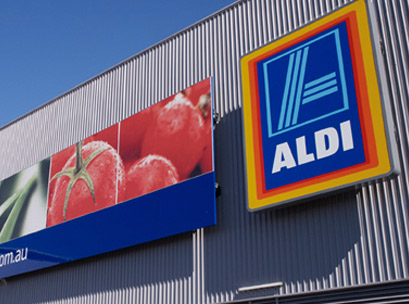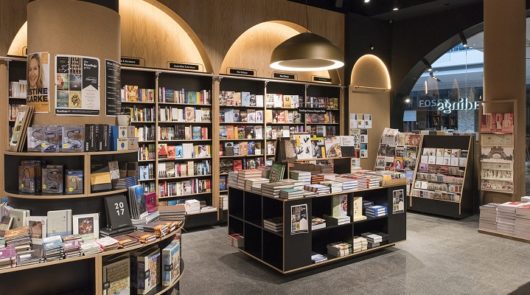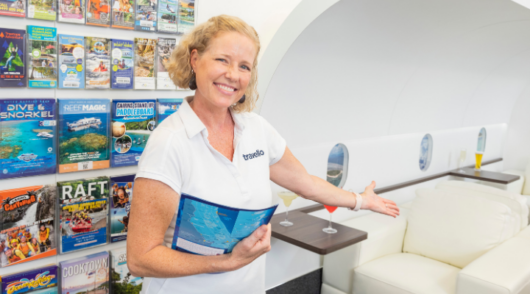 Aldi Australia’s sales have hit $5.8 billion, with the German supermarket giant announcing a raft of major investments to fuel its expansion for the coming year.
Aldi Australia’s sales have hit $5.8 billion, with the German supermarket giant announcing a raft of major investments to fuel its expansion for the coming year.
Sales in Australia reached $5.8 billion in the year to 31st December 2014, representing a year on year increase of nearly $1 billion dollars.
The supermarket chain said it is reinvesting all profits into its Australian operations, with the focus directed towards store refurbishments and extensions, new store openings and produce buying centralisation.
“Aldi Australia is and always will be the price leader in the market and these store upgrades will not impact our prices,” said an Aldi spokesperson.
“We will continue to deliver on our promise that whenever you shop at Aldi, you are paying the lowest possible prices on our range of high quality products. That is true today and it always will be.”
Aldi said the updated store format trialled on the eastern seaboard, South Australia and Western Australia, would now be rolled out at existing stores.
The new format features clearer signage, redesigned shelving and expanded wooden produce bays, energy efficient LED lighting and extended chillers.
It also will allow the German discount chain to expand its fresh food offering across the meat, produce and health categories.
The refurbishment program is expected to take place over the next four years.
Over the last two years, Aldi has opened three distribution centres and grown its store network by over 100 new stores.
Its expansion into WA and SA has seen an associated investment of over $700 million – which will culminate in 120 new stores across both states.
In the first quarter of trading, 27.1 per cent of grocery buyers in South Australia visited and made a purchase at an Aldi store and in the first 5 weeks of launch in Western Australia, 18.3 per cent of the state made a purchase in one of itsstores.
Aldi said that the expansion to date, has seen the discount chain capture 3.2 per cent market share in South Australia and 2.3 per cent in Western Australia.
The German retailer has also made a number of changes to its produce offering over the past 12 months, and decided to centralise its produce purchasing, which is currently done state by state.
“This will mean better quality produce for our customers.
The new centralised fruit and vegetable purchasing model, which will roll out by mid-2017, will further improve our strategic relationships with suppliers to focus on long-term, flexible contracts that suit the grower, product, season and conditions,” said the spokesperson.
Over the upcoming Christmas period, Aldi said it will include a “strong Christmas program” of over 230 products, consisting of a mix of Aussie favourites through to traditional European treats and gourmet foods.
Access exclusive analysis, locked news and reports with Inside Retail Weekly. Subscribe today and get our premium print publication delivered to your door every week.





